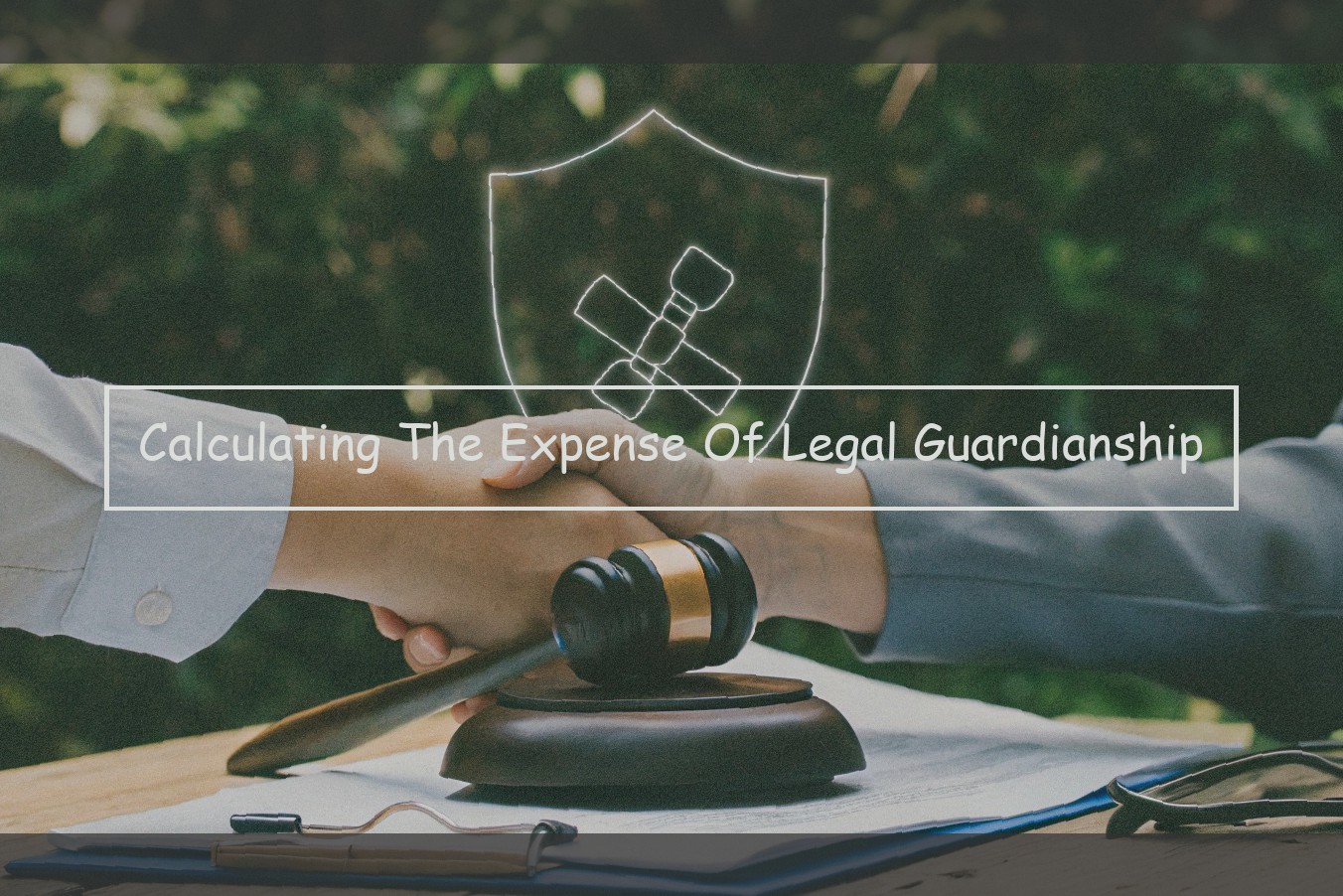
What Exactly Is Legal Guardianship?
Legal guardianship is a legal authority granted by a court enabling one person (or multiple people) to make decisions for another person when that individual has been found incapable of making their own decisions. Legal guardianship allows the guardian(s) to assume all the responsibilities of caring for an individual that parents, if their child was a minor, or an individual, if an adult, would be responsible for, if they were able to manage their own affairs. Upon being named guardian, the court may give the guardian(s) wide-ranging authority over the individual’s financial, medical, social, educational, and legal matters . A parent’s right to act as a guardian for a minor child terminates when the child turns 18 years old.
Guardianship may be needed in the following situations, among others:
Guardianship may also be extended over a minor child whose parents have become estranged or who cannot be located. In those cases, the child will remain under the care of the guardian until the child becomes 18 years old.
The best time to speak to an attorney about whether guardianship of a minor child or an adult is necessary is before an urgent situation arises, whether due to age, physical limitation, mental incapacity, or some other reason.
Cost Factors In Legal Guardianship
The cost of obtaining legal guardianship for an adult or minor can be influenced by a variety of factors. Primarily it is driven by the attorney fees, which are typically charged at an hourly rate. A flat fee may be charged in situations that are deemed relatively straightforward.
Hourly attorney fees are billed for all the time the attorney spends on the case including preparation, communication with the family, legal research, and petition preparation. However the fees can vary widely with regard to matters such as the attorney’s billing rate, and how relevant issues might impact the total time required to handle a case.
Court fees are another factor that can influence the total cost. These fees can vary greatly from court to court. In addition to the filing fees associated with most petitions, there are other fees for hearings, the appointment of a guardian ad litem, and filing of a final accounting.
The filing and appointment fees are often based on the assets of the disabled adult or minor. It is important to note that there is a discount for people of low income.
Additional fees can potentially add to the cost of guardianship. A few examples include:
Whether you choose to represent yourself or hire an attorney it is a good idea to have an understanding in advance of the anticipated total cost.
Typical Expenses
The costs of establishing a legal guardianship of a minor or an adult can vary significantly, depending on the factors involved in the process. The amount and complexity of the services required will also affect the fees charged for legal guardianship.
In general, there are two types of guardianship: 1) Testamentary – guardians appointed by a will or other documents as a precaution if something happens the parent or previous guardian & 2) Inter Vivos – living guardianships appointed by the court.
The costs associated with a testamentary guardianship can run between $500-600. This does include filing fees, but does not include the cost of hiring an attorney to handle the filing and visitation process. The filing fees for guardianship visitations are fairly low, typically running around $20 each, but the fees for hiring an attorney to write the original documents will vary greatly between $200 and $600.
The healthcare record visitation fees are often waived if the local courts find the applicants are indigent. However, there is still a filing fee due for setting the initial visitation hearing which is typically about $75.
Inter vivos guardianships between parents and minor children will typically cost between $500-6,000, while adult inter vivos guardianships can cost anywhere from $1,500 to over $10,000.
How To Pay For Legal Guardianship
In Georgia, there are a variety of resources and financial assistance programs available to help offset the costs of establishing legal guardianship, particularly for those on a low-fixed income, such as social security.
On the federal level, Supplemental Security Income (SSI) benefits may help finance guardianship costs for individuals with disabilities who qualify. Under SSI rules, this is the federal benefit primarily available to people who have limited income that affects their eligibility to qualify for government benefits. For example, a person’s monthly supplemental security income (SSI) in Georgia is $733 and his or her monthly social security disability (SSD) payment is typically lower than that amount. Under Georgia guardianship law, if the individual is receiving SSI , the Social Security Administration (SSA) can pay a child support grant equal to $733 per month for that person. Because the SSA considers the legal guardian the payee to the SSI, this amount can go directly toward the costs of the guardianship. A psychiatrist, psychologist, physician, physical therapist or occupational therapist can request Supplemental Security Income payments as a representative payee to handle the beneficiary’s benefits on their behalf. Another option is to apply for Medicaid’s Standard Flex Option that reimburses individuals for guardianship expenses, such as court costs, up to a maximum of $300 per year. In some cases, state governments will offer a Limited Guardianship Grant that helps pay for court filing fees associated with filing an application for limited guardianship or advocacy trusts. The grant amount is set by the department of developmental services and is allocated by the local offices.
Cutting The Cost Of Legal Guardianship
When a family has limited means, the concern over costs can be a serious impediment to pursuing legal guardianship. Family members may fear that the time and expense of the process will outweigh the benefits. The good news is that there are ways in which the cost of legal guardianship can be minimized.
For parents who do not have sufficient income or resources of their own, the Probate and Family Court can assist in obtaining free legal services through funding provided by the Massachusetts Bar Foundation. In order to be eligible for services, the applicant must be income eligible and services must be within the scope of available funding. So long as the applicant meets both of these criteria, the services are free – the probate and family court will ask if the applicant wishes to be considered for services and, if so, refer the applicant to Community Legal Aid or the Volunteer Lawyers Project for consideration.
Assistance with completing the forms, filing fees, and legal fees are all covered. In addition, if translation services are needed for the respondent, interpreters can be provided free of charge. Any practical costs that may be incurred in the course of representation, such as for service of process or duplicate copies of documents, may be covered as well.
These free legal services are available to income eligible caregivers at no cost. In some circumstances, a sliding scale fee may apply based upon the amount of income available to the family. Even if you may not be eligible for services, it is still worth the effort to ask about whether a sliding scale may apply.
If a caretaker family is not income eligible for free legal services, it is possible to petition for a reduction in filing fees. For more information on how and when to do this, the court’s Request to Waive Filing Fee for Guardianship Case form includes a list of fees, a schedule of fees that can be waived, and the procedures that must be followed.
While perception of the cost and expense of legal guardianship can be a deterrent to pursuing the process, parents should not let the fear of cost be a barrier to seeking guardianship. Taking advantage of the resources that are available through the probate and family courts and the bar associations can enable many more families to obtain guardianship of their children, allowing them to make the important legal decisions necessary to ensure their future.
Is Legal Guardianship Worth The Money?
From a financial perspective, securing legal guardianship of a disabled adult might be the best investment for families and individuals with special needs. In addition to providing peace of mind, a guardianship solution can help to preserve assets and avoid future costs. It can also protect individuals against abuse within in the healthcare system and in other areas of life.
How much guardianship costs can vary significantly based on the circumstances. However, unlike the costs of most medical and in-home care services which can be ongoing, the costs associated with obtaining legal guardianship are typically upfront and reasonable. For insured patients, guardianship attorney fees can often be covered by insurance . Medicaid also pays for the cost of filing for legal guardianship, as long as a court-approved cost estimate is submitted ahead of time.
Unfortunately, many families with special needs adults are initially attracted to less expensive solutions, including handling matters themselves or pursuing alternative forms of medical decision-making authority (like healthcare surrogate agreements, powers of attorney, and advance directives). However, these solutions do not provide the same degree of authority as full legal guardianship and do not provide a similar level of protection from abuse. Furthermore, these lower-cost solutions often end up being much more expensive over time, due to increased litigation costs and other associated expenses.


